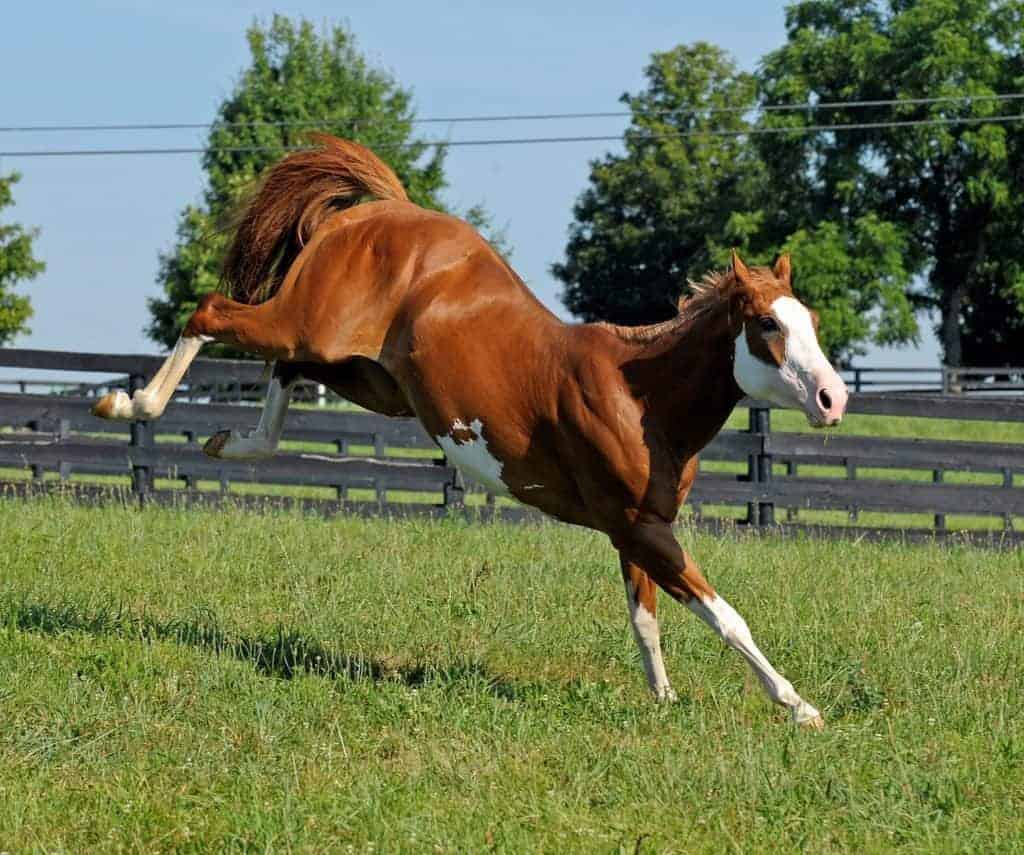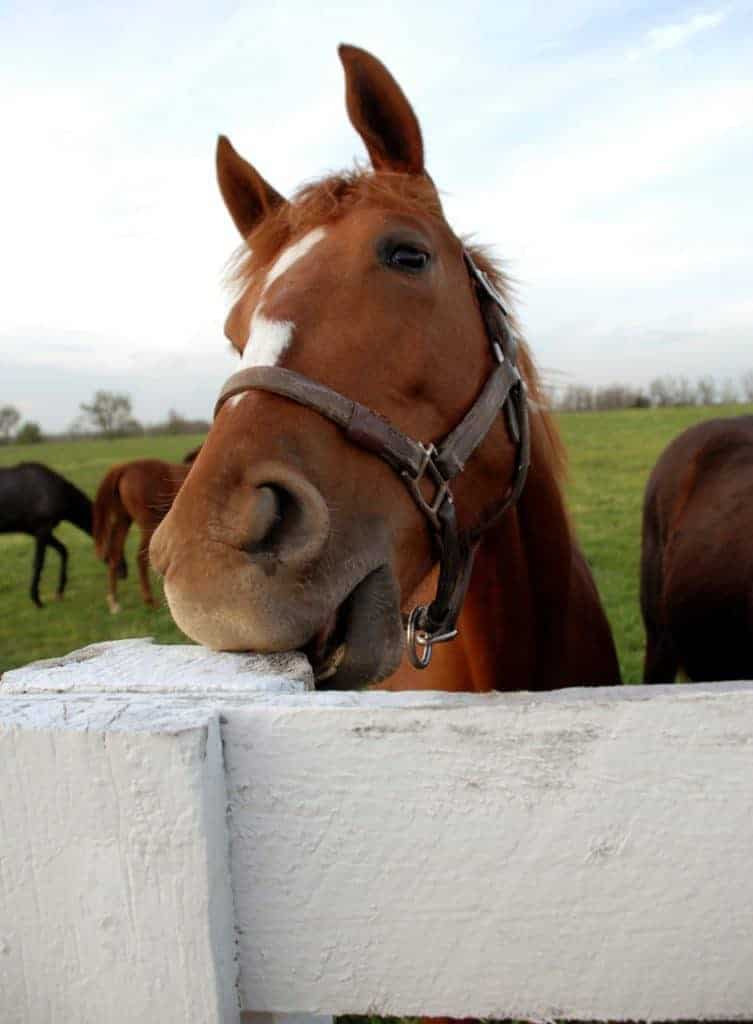
Equine Nutrition Tips for the New Year
Work with your veterinarian or equine nutritionist to ensure your horse’s diet is balanced heading into the new year.

Work with your veterinarian or equine nutritionist to ensure your horse’s diet is balanced heading into the new year.

Can consuming a high-sugar diet cause a horse to behave in an anxious or hyperactive way?

Feeding a balanced diet and ensuring nutrient replacement after exercise are imperative to keep horses performing well.

Learn how to determine if your horse is underweight and what feeding options are available for hard keepers.

Researchers found that omega-3 fatty acid supplementation can reduce signs of chronic lower airway disease in horses.

Here’s how to feed your hard keeper once temperatures start rising.

Researchers recently evaluated how well the horse industry uses the available resources to improve feeding practices.

Here’s what current research, or lack thereof, is telling us about common equine supplement ingredients.

From feeding and training to shoeing and warm-up protocols, learn how to keep your dressage horse fit to perform.

Do all the supplements, concentrates, and forages on the market have you confused about what’s best to feed your horse? Learn what your horse really needs to eat from equine nutritionist and consultant, Dr. Clair Thunes.

Not all fats or fatty acids are created equal; some are more beneficial than others for horses.

Anytime a horse is consuming unusual material, a thorough review of the diet is a good idea.

Horses need a balance of both omega-3 and -6 fatty acids for optimal health and performance.

Omega-3 and -6 fatty acids must be obtained in sufficient amounts from the diet.

Supplementation with a certain type of fatty acid appears to improve insulin sensitivity in IR horses.
Stay on top of the most recent Horse Health news with
"*" indicates required fields